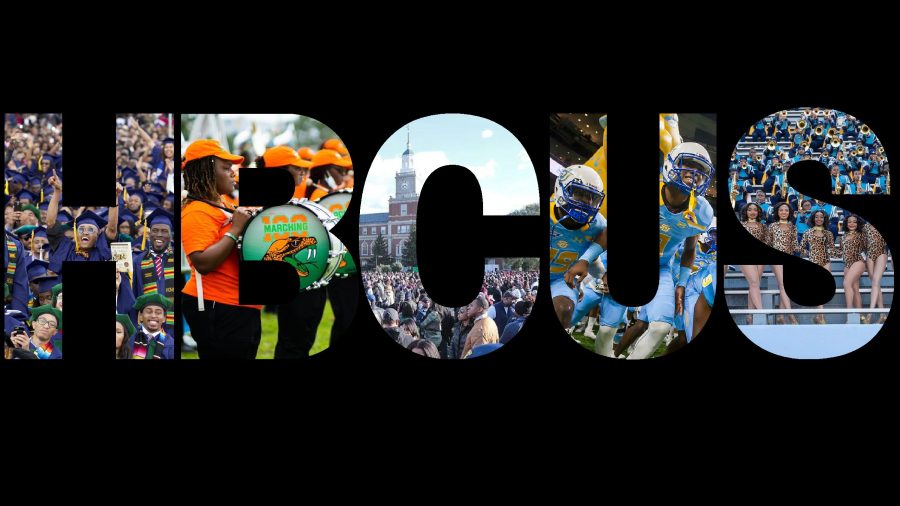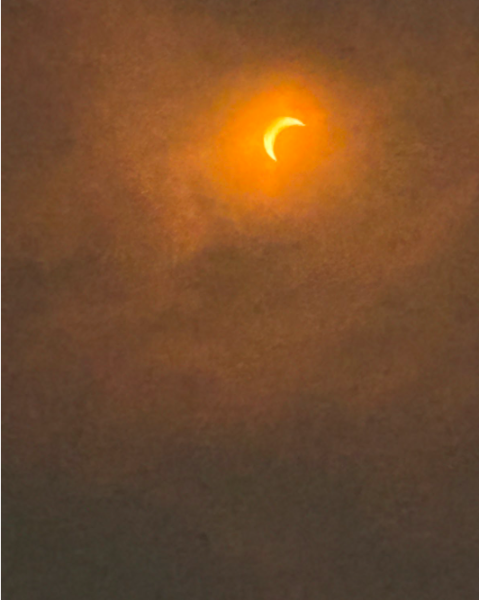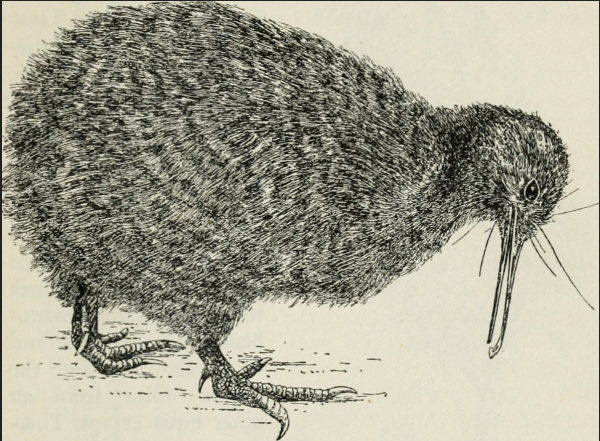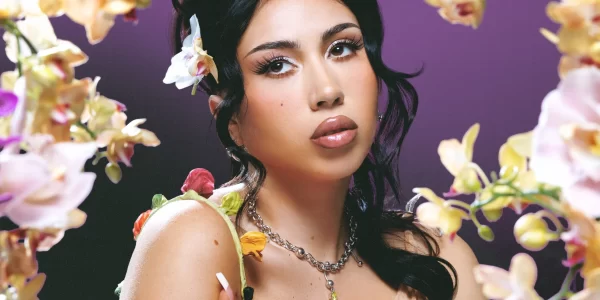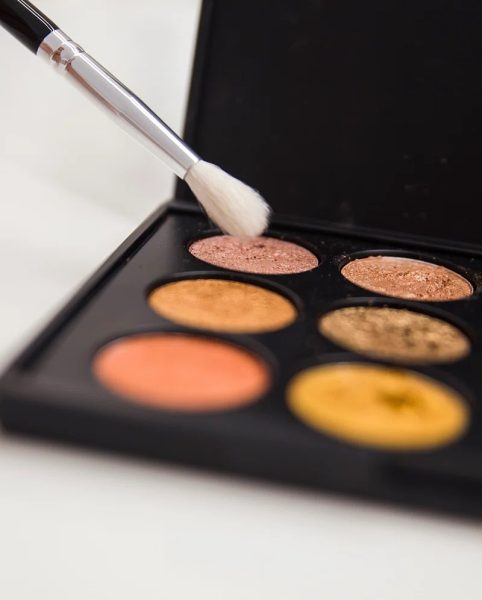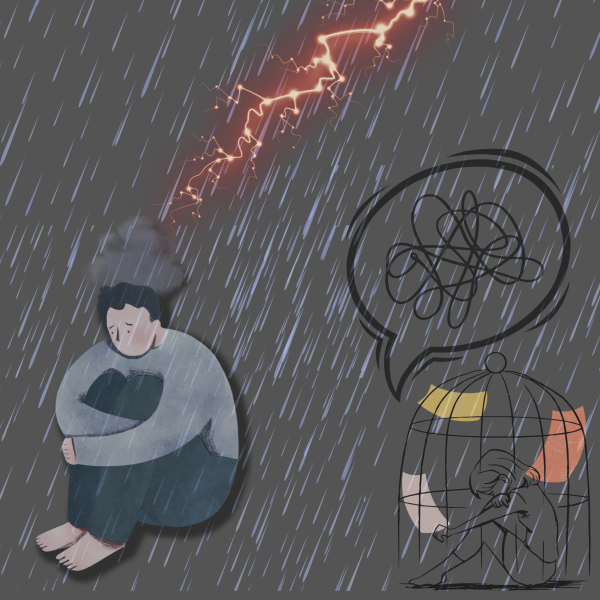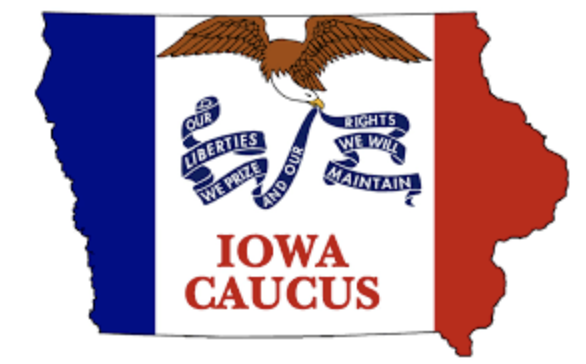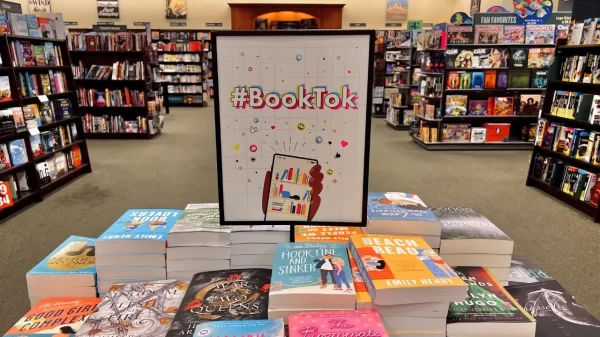HBCUs: Schools Made by The People For The People
The history, the culture, the homecomings, the marching bands, the dancers, the food, the hangouts, and ALLLLL THE BLACK EXCELLENCE! For years, Historically Black Colleges and Universities (HBCUs) have been doing it for the culture as they have given African Americans access to higher education and endless possibilities.
It is important to mention that HBCUs have also survived historical challenges: Jim Crow, inadequate funding, deferred maintenance and accreditation issues.
In the 1800s, anti-literacy laws prevented enslaved and free African Americans from obtaining education. Owners and anti-abolitionists feared that literate slaves would lead to revolts and their economy would collapse. In 1837, Richard Humphrey founded the Institute for Colored Youth in Cheyney, Pennsylvania (now known as Cheyney University). The institute was created for formerly enslaved African Americans to learn basic skills like reading, writing, and mathematics.
In 1850, three more HBCUs were founded: Miner Normal School in D.C., Lincoln University of Pennsylvania, and Wilberforce in Ohio. In 1867, two years after the emancipation proclamation, 9 more HBCUs were founded: Alabama State University, Barber-Scotia College, Fayetteville State University, Howard University, Johnson C. Smith University, Morehouse College, Morgan State University, Saint Augustine’s University and Talladega College.
Today, there are a total of 101 HBCUs in the country; 89% of them are located in the south while others are found in Delaware, Illinois, Maryland, Ohio, Pennsylvania, and West Virginia.
As much as an impact these schools had in the past, they still stand true today as they have produced some great leaders and celebrity personalities. Vice President Kamala Harris attended Howard University and had this to say about her alma mater: “When you’re at an HBCU, and especially one with the size and with the history of Howard University — and also in the context of also being in D.C., which was known forever as being ‘Chocolate City’ — it just becomes about you understanding that there is a whole world of people who are like you.” She continues by saying:”It’s not just about there are a few of us who may find each other.” She continues by saying; “It was more, for me, about the numerosity than it was the diversity,” she added. “I grew up in a community where there were many representations of diversity. Going to Howard, there were so many [Black people]! And they’re all in your age group, in your phase of life.”
Oscar award-winning director Spike Lee, alumni of Morehouse College in Atlanta, shared his opinion on the importance of HBCUs to black culture: “Not just Morehouse, but I think black colleges are very essential to our education of young black minds. Being black in this country is never going to get old. There’s an understanding, a nurturing at HBCUs, that you might not get elsewhere.”
HBCUs have also made a life changing impact even in some of our Eastern Alumni. Meky Ugorji graduated in the class of 2022, and is now attending Howard University as a computer science major.
“My favorite thing about Howard is the people here. Everyone is so passionate about what they want to pursue. To be in an environment that elevates you, especially one where you’re surrounded by people who resemble you, really encourages me to do my best in my field of study.” He also shared that people may not know about “Soul Food Sundays”, where they serve items such as mac-and-cheese, barbecue ribs, sweet potatoes, and much more.
Myles Lynch graduated in the class of 2021, and he is now a sophomore finance major at Howard University. Lynch shared his favorite thing about his HBCU by saying: “During the springtime, the yard at Howard turns into “Black wonderland”. You have pop up shops, maybe a food truck or two, and enjoyment of the weather and your friends. Most people bring a blanket to the yard and just chill, do some homework, or read a book. It’s really a small event that can really change someone’s entire perspective.”
Lynch also shared this about what people may not know about Howard and other HBCUs: “What is something that people may not know about your hbcu?: “Something that people may not know about my HBCU, is that it is the #1 coeducational historically black college and university. Many discredit Howard because it’s not a Harvard, Rutgers, or Penn State education, but in actuality, Howard students are more prepared for their careers after college than ever. My advice to any student looking into Howard University or any HBCU, I suggest going and enjoying every bit of it. Regardless of what school you attend, step on your campus with your feet running, because 4 years will fly by.”
Time and time again, HBCUs have proven that they are schools made to unite, educate, and experience African Americans of all walks of life!

